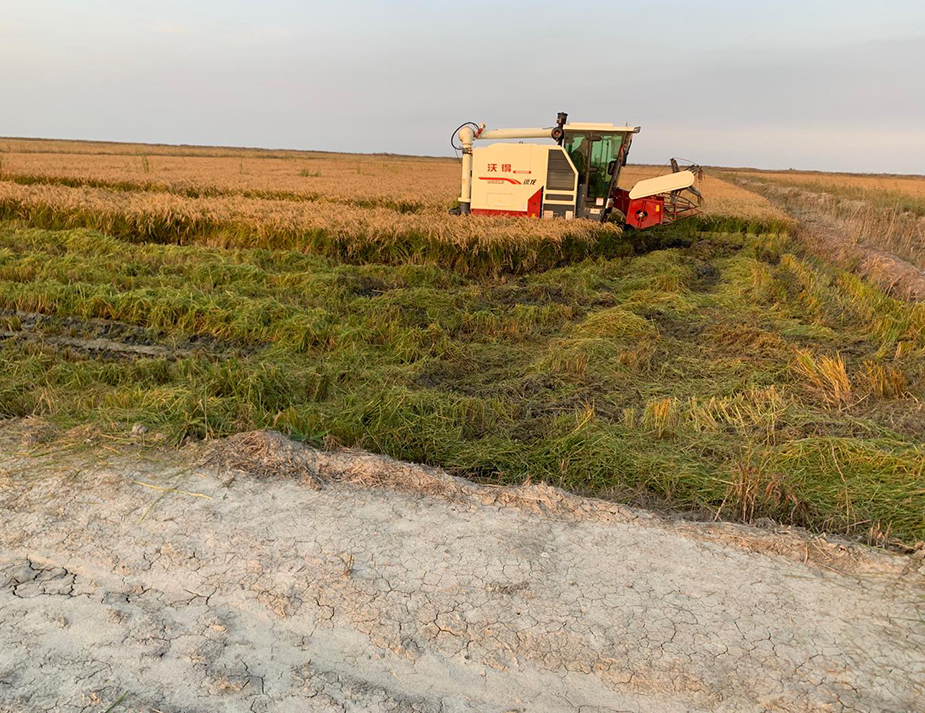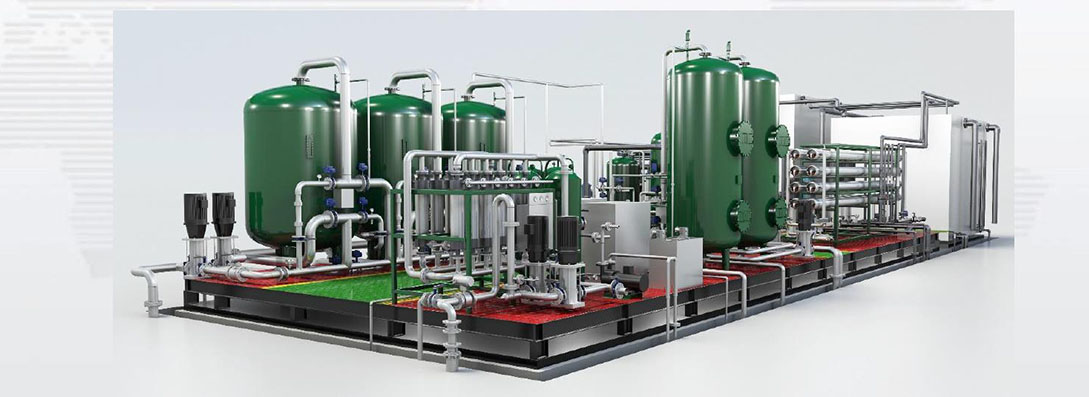The Role of Hypochlorous Acid in Soil pH Regulation, Particularly in Saline-Alkali Soils
-
Understanding Soil pH:
Soil pH is a measure of the acidity or alkalinity of the soil. It is determined by the concentration of hydrogen ions (H+) in the soil solution. The pH scale ranges from 0 to 14, with pH 7 considered neutral. Values below 7 indicate acidic conditions, while values above 7 indicate alkaline conditions. Most crops prefer a slightly acidic to neutral pH range of 6 to 7.5 for optimal growth. -
Challenges of Saline-Alkali Soils:
Saline-alkali soils are characterized by high levels of soluble salts and alkaline pH. These conditions can lead to poor soil structure, reduced water infiltration, and limited nutrient availability. The excessive accumulation of salts, such as sodium chloride (NaCl), can also cause toxicity to plants, further hindering agricultural productivity. -
Role of Hypochlorous Acid in pH Regulation:
Hypochlorous acid (HOCl) is a weak acid that can act as a pH regulator in soil. When HOCl is applied to the soil, it dissociates into hydrogen ions (H+) and hypochlorite ions (OCl-). The released hydrogen ions can neutralize alkaline soil conditions, thereby lowering the pH. This process helps create a more favorable environment for plant growth and nutrient uptake. -
Benefits of HOCl Application in Saline-Alkali Soils:
a. pH Adjustment: HOCl application can effectively lower the pH of saline-alkali soils, bringing them closer to the optimal range for crop growth. This adjustment enhances nutrient availability and promotes better root development.
b. Salt Reduction: HOCl has the ability to displace sodium ions (Na+) from soil particles, reducing the overall salt content. This displacement helps mitigate the negative effects of excessive salts on plant growth.
c. Microbial Activity: HOCl exhibits antimicrobial properties, which can help control soil-borne pathogens and improve overall soil health. This reduction in pathogen load can enhance plant resistance to diseases.
d. Water Infiltration: HOCl treatment can improve soil structure by reducing the dispersion of clay particles. This improvement enhances water infiltration and reduces the risk of waterlogging in saline-alkali soils.
Conclusion:
Hypochlorous acid (HOCl) shows promise as a soil amendment for pH regulation, particularly in saline-alkali soils. Its ability to lower pH, reduce salt content, enhance microbial activity, and improve water infiltration makes it a valuable tool for improving soil conditions and agricultural productivity. Further research and field trials are necessary to determine the optimal application rates and long-term effects of HOCl on different soil types and crops.

Application
Contact Us

Name: Diana
E-mail: [email protected]
Skype: +86-15-22-27-71-011
WeChat: +8615222771011
Whatsapp: +8615222771011
Add: Office N.420D-C1 Tower Ajman,UAE









 Skype Chat
Skype Chat WhatsApp
WhatsApp  Mail inquiry
Mail inquiry
